
Sara is a Berlin-based screenwriter and researcher from Italy. She holds an MA in Screenwriting from the University of West London and an MA (Hons) in Modern, Comparative and Post-Colonial Literature from the University of Bologna. She discovered her passion for postcolonial literatures after a scholarship in Montreal, Canada. As a non-Indigenous writer, she is aware that she is approaching Indigenous history and culture from a problematic perspective. She is also aware that Indigenous voices have long been marginalized within dominant narratives. Therefore, she always strives to prioritize Indigenous sources in her work. In 2025 she was a semi-finalist in the ScreenCraft Film Fund and Emerging Screenwriters Screenplay Competition.
Areas of Expertise
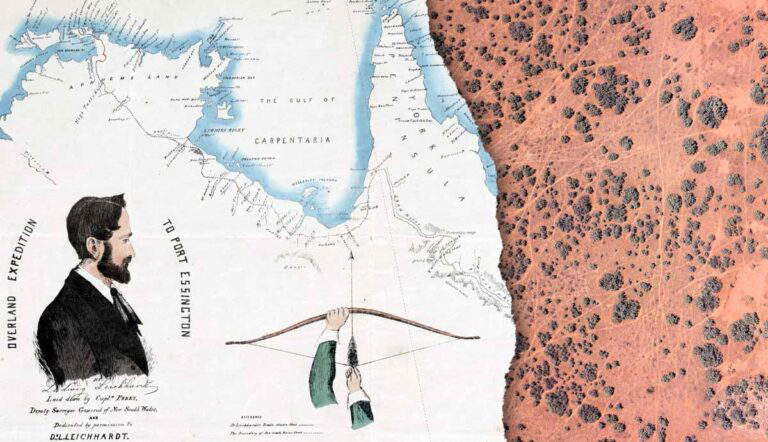
How Desert Expeditions Shaped Australia
The Australian Outback has claimed the lives of many explorers. Their desert expeditions left a lasting mark on the nation’s identity and the landscape itself.
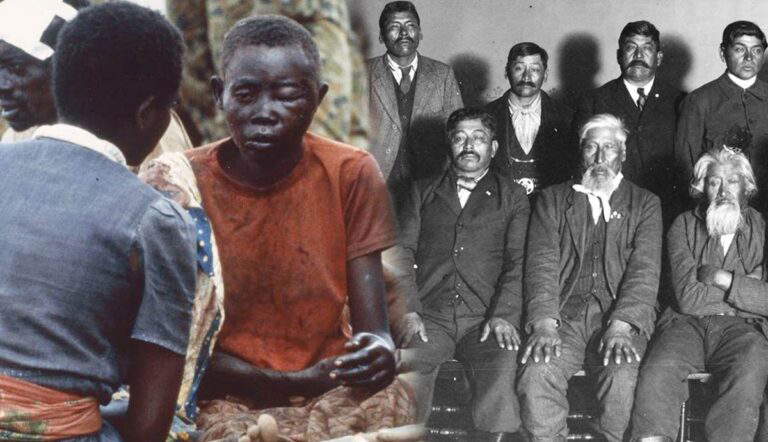
The Devastating Legacy of Settler Colonialism on Former Colonies
Settler colonialism deeply scars former colonies, leaving a devastating legacy of violence, social divisions, mistrust, and economic exploitation.
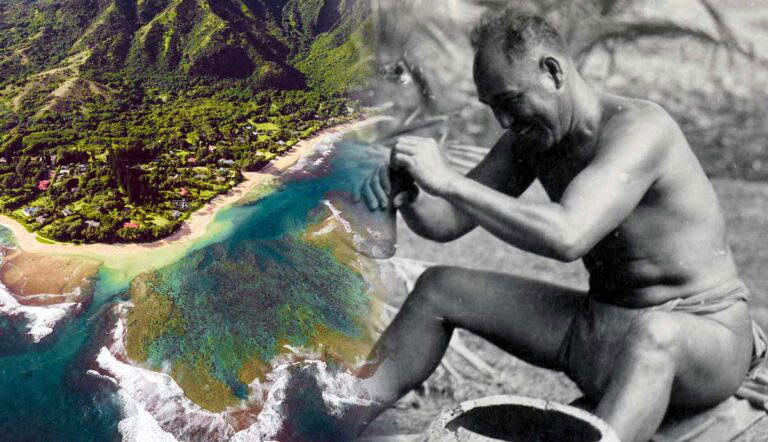
Hawaiian Pidgin: The History of a Creole Language
The grammatical features of the Creole language known as Hawaiian Pidgin tell us of a society built on the efforts of its multicultural workforce.

Understanding the Ideas of Cultural Hegemony and the Decolonization of Museums
In recent years, museums and galleries all around the world have challenged the cultural hegemony imposed by colonialism by showcasing Indigenous artists and non-European languages.
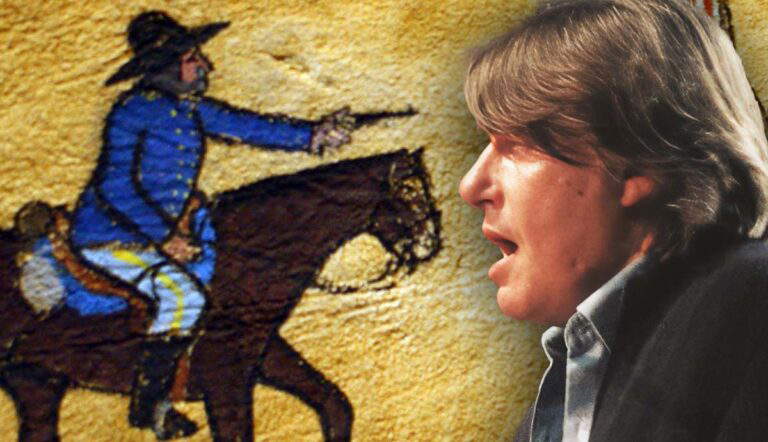
Fabrizio De André’s Fiume Sand Creek: The Sand Creek Massacre in Song
In 1981, Italian songwriter Fabrizio De André recounted the Sand Creek Massacre through the eyes of a Native American child in Fiume Sand Creek.
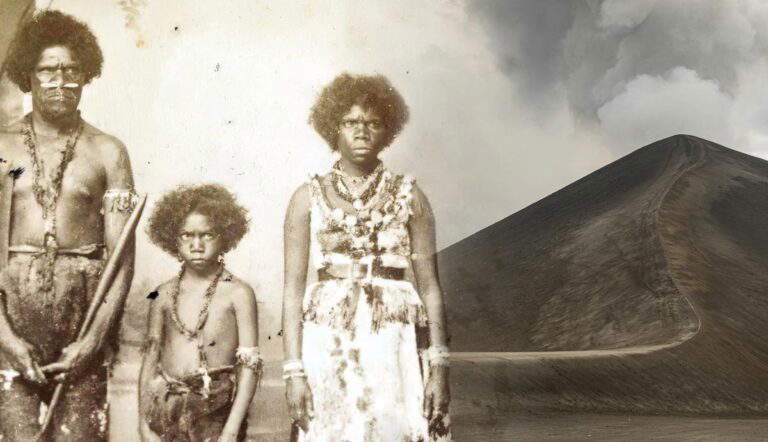
How Did Pidgin and Creole Languages Develop in the Pacific?
An overview of the most spoken pidgins and creoles in the Pacific, from Australia to the Solomon Islands and Hawaii.
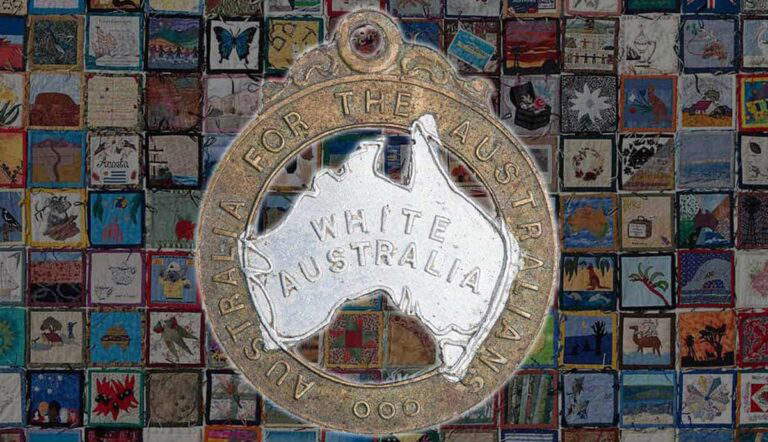
How the White Australia Policy Shaped Australia’s Demographic for 50 Years
Linking Australian identity to whiteness, the white Australia policy significantly shaped Australia's demographics for 50 years.
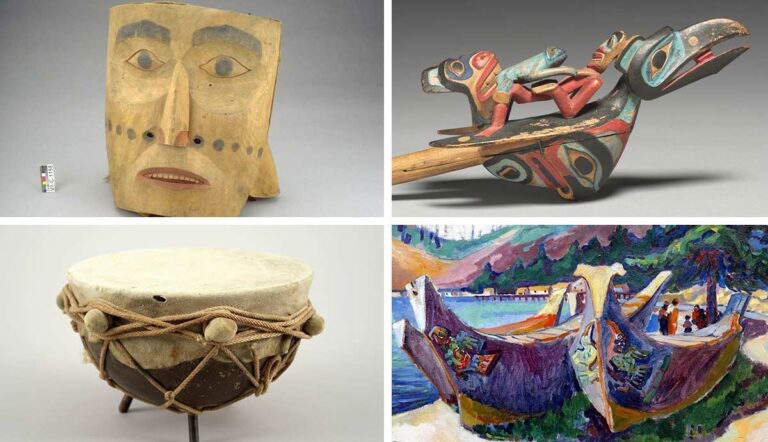
Understanding the First Nations of North America in 4 Key Artifacts
From stolen symbols to historical records, First Nation artifacts housed in museums across Europe and North America are essential for educating people about Indigenous history.
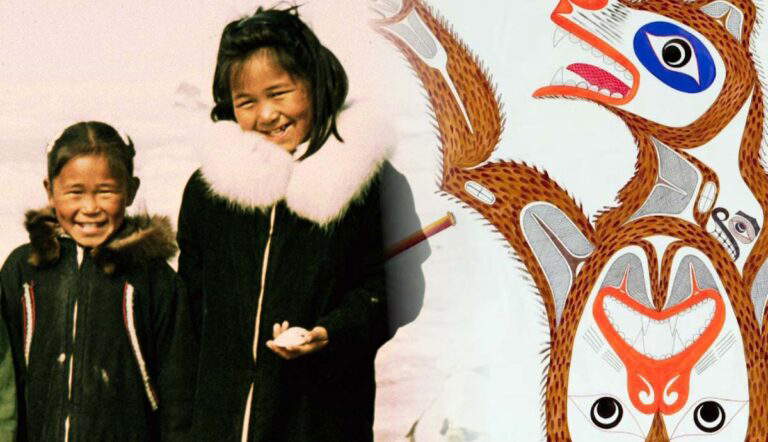
How Interaction Between First Nations and Europeans Birthed Canada’s Pidgin Languages
The pidgin languages that arose from interactions between First Nations and Europeans offer important insights into the colonial history of present-day Canada.
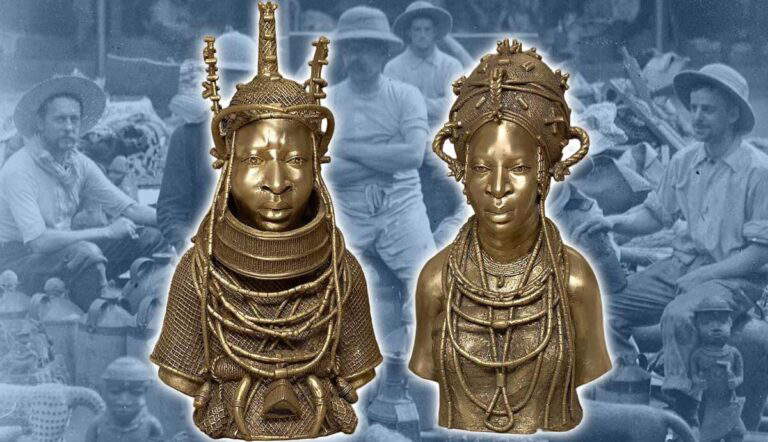
How the British Looted Benin City in 1897
Benin City, one of the world’s wealthiest and best-governed capitals, was summarily looted by the British in 1897.
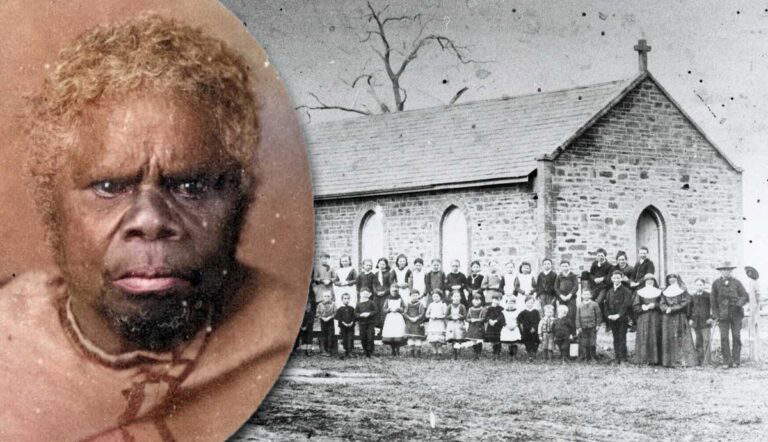
The “Friendly” Aboriginal Missions in Tasmania That Became a Death Trap
The establishment of Aboriginal “settlements” on Flinders Island and then at Oyster Cove marked the final stage of the genocide against Aboriginal people in Tasmania.
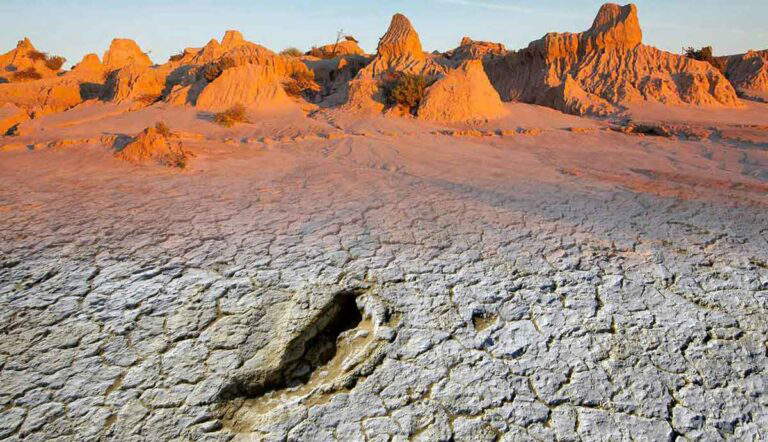
The 40,000-Year-Old Secrets Buried in Australia’s Lake Mungo
In 1968 and 1974, Mungo Man and Mungo Lady were uncovered at Lake Mungo. They had been deceased for at least 40,000 years.